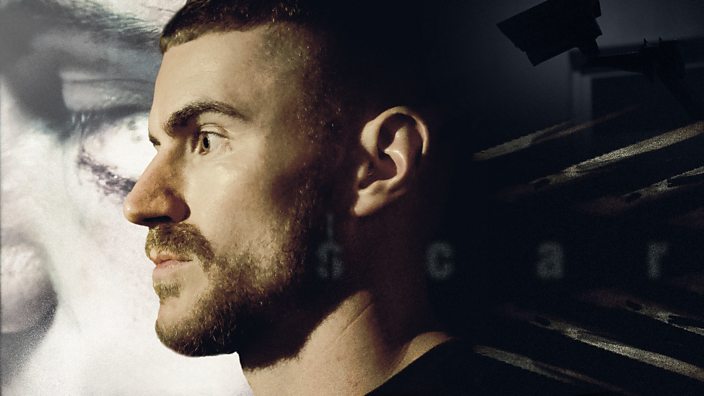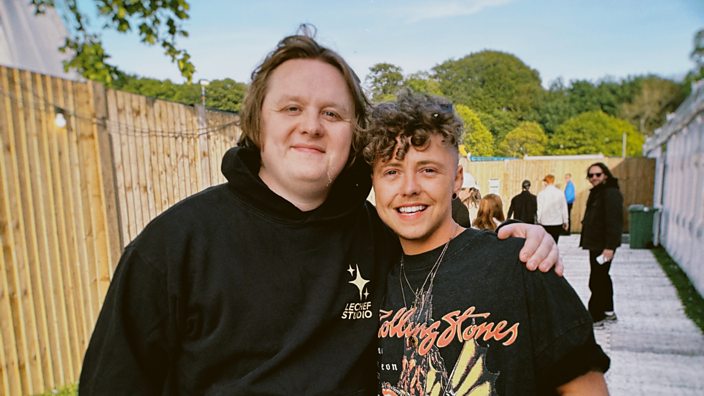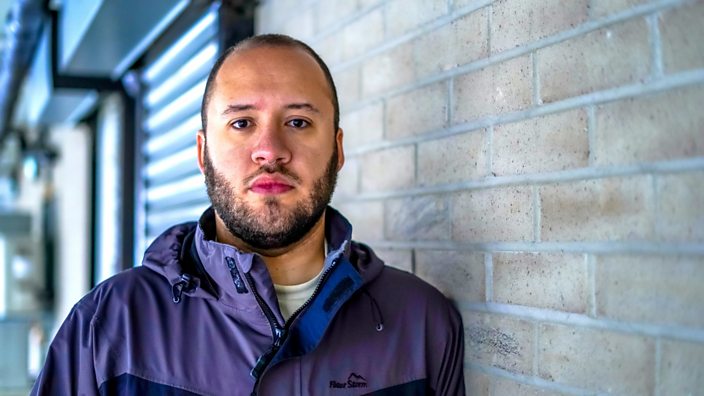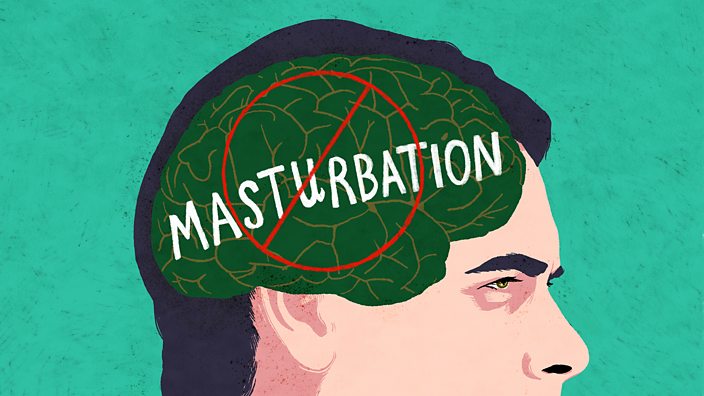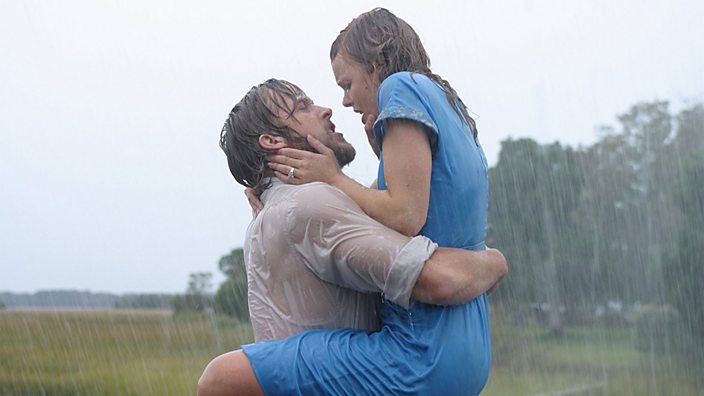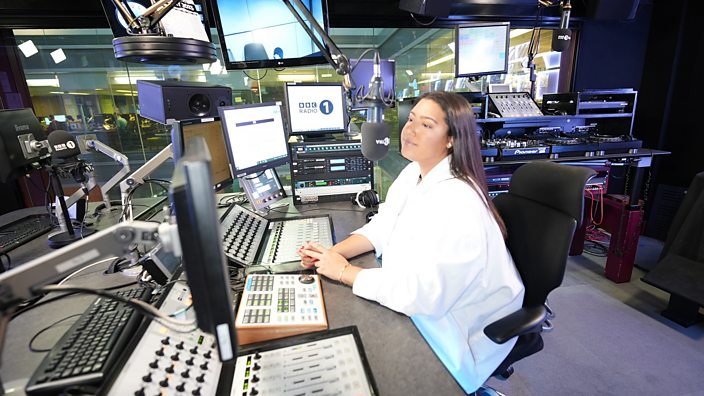 BBC
BBC‘I didn’t realise how hard it is to get drill on the radio’
Radio 1Xtra DJ Tiffany Calver speaks to police and musicians to find out why drill is being monitored and regulated.
When drill rapper Chinx (OS) released his song Secrets Not Safe in 2022, it hit 1.5 million streams. Within days, however, it was removed at the request of police.
“It was a bit overwhelming,” the drill artist says. “I released the tune on my own channel. It was doing crazy views for the first couple of days and then it got taken off YouTube.
“Then out of nowhere my Instagram account got deleted. I was confused.”
Chinx, who was jailed in 2017 for possession of a firearm and was released on licence in 2021, is one of the UK drill artists whose music is monitored and sometimes removed by authorities.
“I need to start thinking about what I'm saying and the reason these tunes are getting taken down,” Chinx says. “I'm kind of walking on ice.”
Drill - a genre of rap music - has become popular in recent years, with UK artists like Russ Millions and Central Cee scoring Top 10 hits.
Drill rapper Digga D, who has also made music under police monitoring, performed at this year’s Glastonbury Festival.
But in the BBC Three documentary Drill on Trial, Radio 1Xtra DJ Tiffany Calver explores the response to UK drill by authorities, who blame it for a rise in violent crime.
Speaking to everyone from artists to the police, Tiffany finds out about the challenges that can face those making music in the increasingly popular genre.
‘Popularising trauma’
In 2018, just as drill was starting to find mainstream success, it was also attracting high-profile critics.
Cressida Dick, who was Commissioner of the Met Police at the time, called on tech platforms like YouTube to remove drill music, saying it was “associated with lyrics which are about glamourising serious violence - murder, stabbings. They describe the stabbings in great detail, joy and excitement. Extreme violence against women is often talked about.”
The following year, the Met Police set up Project Alpha, where officers from police gang units monitor social media sites for evidence or intelligence about crime.
Their work includes tracking, analysing and removing any drill video deemed dangerous on any platform.
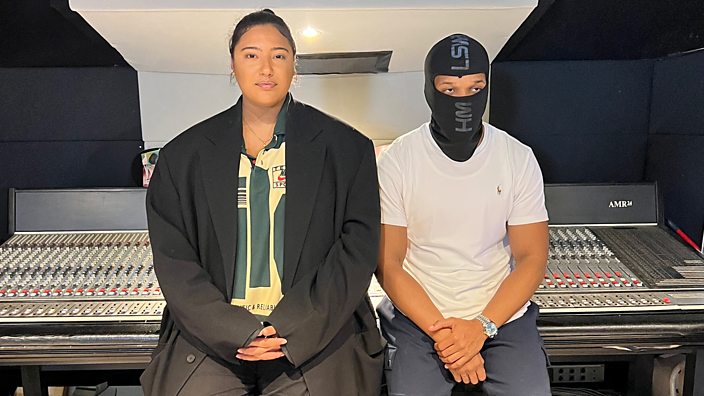 BBC
BBCMichael Railton, a former police officer who worked in the unit, says he was particularly disturbed by drill lyrics that were directed at specific people, calling them “a poisonous barb aimed at someone else's trauma” and a “trigger for violence”.
“That has a consequence in some people's lives,” he argues. “We are popularising trauma, packaging it all up in a glossy little social media music package, then broadcasting it to the world.
“It is taking that very hyper local traumatic incident and giving it worldwide coverage.”
Perry Benson, meanwhile, is a former detective chief inspector who worked with the Met Police to investigate murders and serious crimes. In his view, Project Alpha has a valuable role to play in reducing violence. “I think it is important,” he says.
But, crucially, he adds: “From my experience, I would say the drug trade is probably more the reason for a rise in violence rather than drill music.”
‘Felt like we were being targeted’
Mixtape Madness is one of the biggest destinations for drill videos and has been going since 2010. The channel has 1.5 million subscribers and 1.4 billion total views.
And co-founder Kingsley Okyere has had to deal with a flood of takedown requests.
"We felt like we were being targeted,” Kingsley says. “We were just trying to create something that would support emerging artists."
He estimates around two dozen Mixtape Madness videos were taken down in a roughly three-year period.
"You're talking about a lot of young artists,” Kingsley adds. “Not being able to do what they love. The effects for some artists was very, very hard.”
There were young drill artists who gave up or didn’t go as far as they could have because of the police monitoring and takedown requests, in Kingsley’s opinion. But he says he didn’t let the takedowns stop the channel from growing.
Instead, he learnt to work with YouTube and Project Alpha, so he could help artists to navigate regulations.
"We didn't let it compromise what we were doing,” Kingsley says. "We used that as fuel to really create and innovate a whole new generation to either get around or at least work with the relevant people, to make sure we were legally putting out drill music.”
For example, Kingsley would work with authorities to blur any symbols that could be considered to be gang signs or to mute any lyrics that refer to active gang disputes. And he and his team would help the artists to be more creative with their lyrics.
"Drill music, like its predecessors grime and garage, it's just a form of music,” Kingsley says.
Although drill music is now a mainstream part of popular culture, Kingsley says most fans probably aren’t aware of the difficulties artists in the genre sometimes go through.
“The rest of the population might just be a bit oblivious,” he says.
And Tiffany agrees.
“It's been really interesting to understand how confusing it is to be an artist when you don't know what is going to incriminate you or what is going to penalise you,” she says.
“I've learnt so much about what's going on that I didn't even know existed. And I think that's a problem.
“Even someone like me with a radio show doesn't know just how difficult it can be to get that three-minute MP3.”
